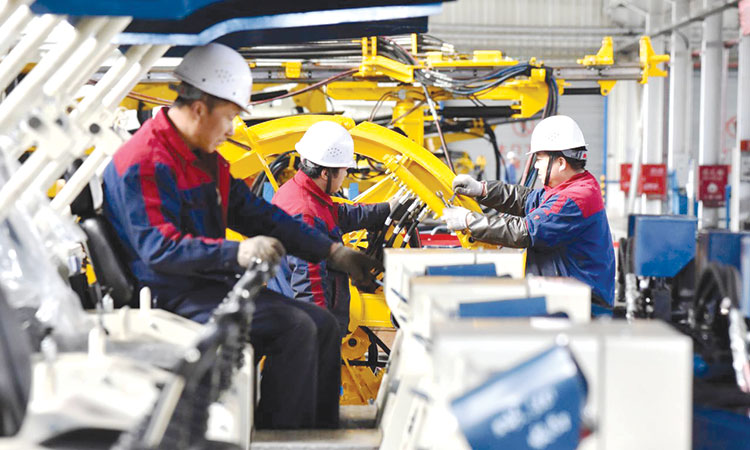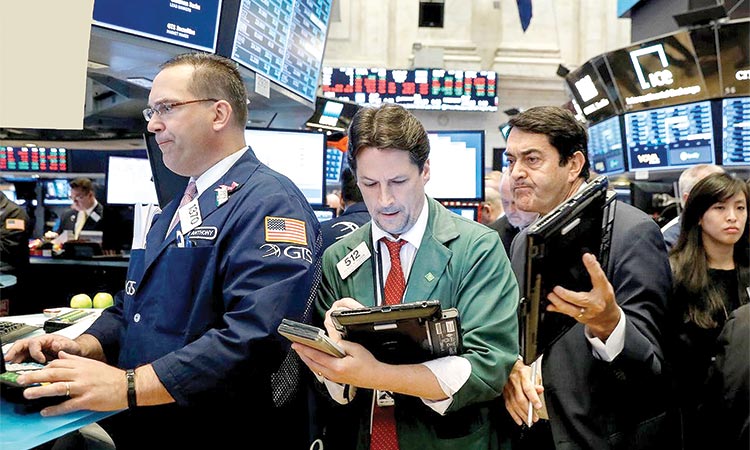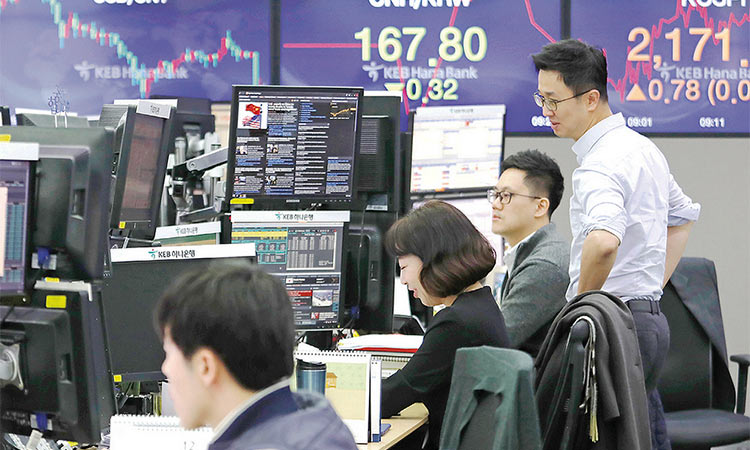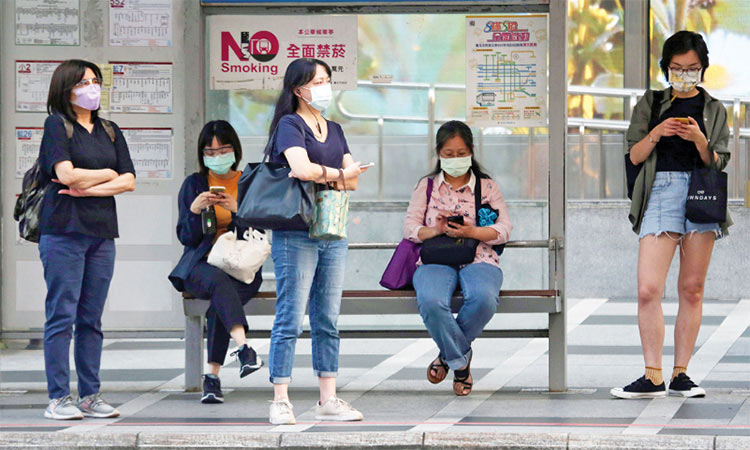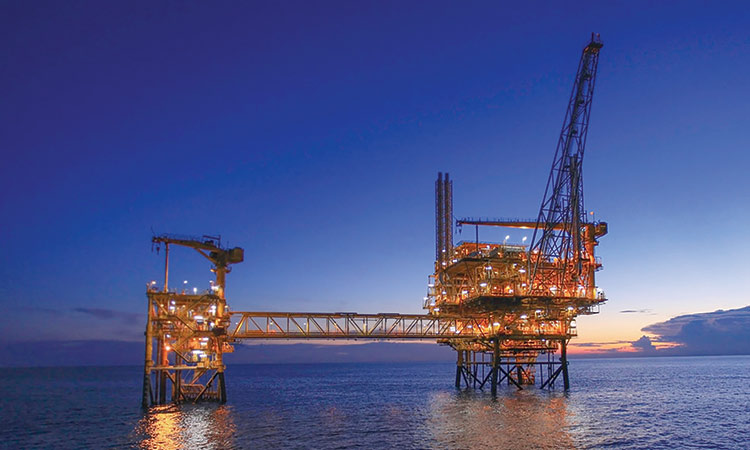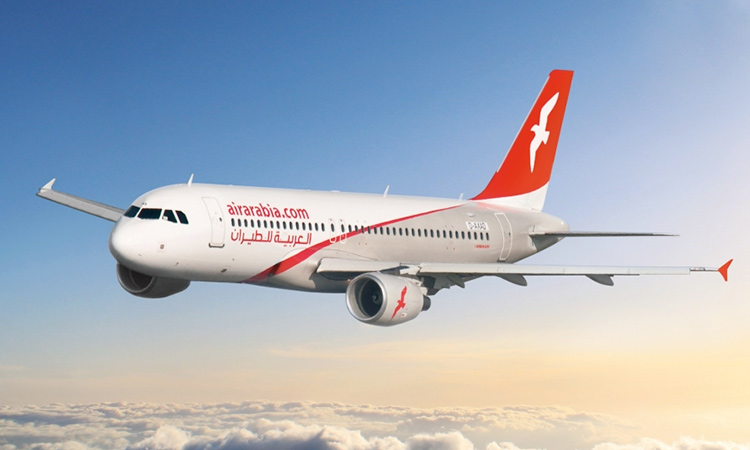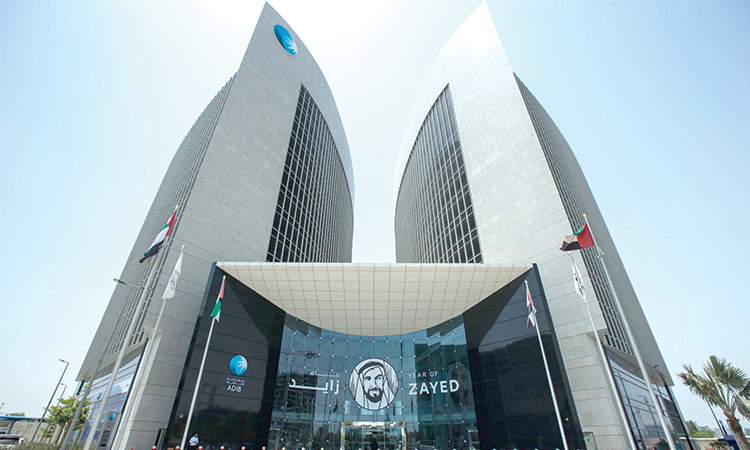Profit progress at the Chinese industrial companies quickens

A general view of the financial central district in Hong Kong, China. File/Reuters
May marked the sector’s first monthly growth in earnings since November, before the onset of the coronavirus pandemic.
For January-June, industrial firms’ profit fell 12.8 per cent year-on-year to 2.51 trillion yuan, but easing from a 19.3 per cent dive in the first five months.
After a record slump early in the year, China’s economy rebounded more than expected in the second quarter as virus lockdown measures ended and policymakers ramped up stimulus. But analysts warn that the rebound is heavily reliant on state-led investment, while domestic and global demand remain weak.
Steel, oil and gas extraction, oil refining and non-ferrous metals saw significant improvements in profit in June with manufacturing costs easing and demand improving, said Zhu Hong, an official at the statistics bureau, in a statement published alongside the data. But Zhu warned about the outlook as market demand remains weak amid the effects of the COVID-19 pandemic and the international trade situation is “complex and severe,” so uncertainties remain over the sustainability of profit growth.
Major manufacturers of raw pharmaceutical ingredient and medical equipment, including Zhejiang Nhu and Zhejiang Yueyue, said they expect stronger profit for the first six months on better sales.
Gauges ranging from factory surveys to producer prices have all reflected signs of a further pickup in manufacturing, but analysts say factories could have a tough time maintaining momentum as pent-up demand wanes, exports struggle and heavy flooding disrupts construction and other economic activity in the Yangtze Delta.
Rising inventories and sluggish demand could also weigh on profit margins.
Earnings at China’s state-owned industrial firms were down 28.5 per cent on year for the first six months, after slumping 39.3 per cent in January-May, the statistics bureau data showed.
Liabilities at industrial firms rose 6.4 per cent on an annual basis at end-June, versus 6.6 per cent growth as of end-May.
Private sector profits fell 8.4 per cent in January-June, narrowing from January-May’s 11.0 per cent fall.
The industrial profit data covers large firms with annual revenue over 20 million yuan from their main operations.
China’s economy is expected to recover steadily in the rest of the year, boosted by stimulus measures to reverse the damage from the coronavirus crisis, but weak global demand and rising Sino-US tensions are key risks, a Reuters poll showed.
The world’s second-biggest economy is now expected to expand by 2.2 per cent in 2020, according to the median of 42 analysts surveyed by Reuters, up from 1.8 per cent projected in the last poll in April.
But that pace would still be the weakest since 1976 - the final year of Mao Zedong’s Cultural Revolution.
China’s economy expanded 3.2 per cent in the second quarter from a year earlier, following a record 6.8 per cent slump in the first three months of the year as the virus and strict measures to contain it paralysed much of the country.
But analysts warn that the rebound is heavily reliant on state-led investment, while consumption remains weak. National disposable income per capita fell 1.3 per cent in the first half of the year, according to official data.
Manufacturing and construction have snapped back relatively quickly, thanks largely to a massive infrastructure push and a rebound in homebuilding. But the services sector has lagged, with the catering, hospitality and entertainment sectors struggling to get back to normal amid worries of a resurgence of coronavirus cases and cautious consumer sentiment.
Exports have improved somewhat, largely due to massive demand for medical gear as the rest of the world battles the pandemic, though the shock of the health crisis is expected to depress global demand for some time to come.
“We still see growth uncertainties ahead from a bumpy and uneven reopening in other countries, a less favourable policy environment, and the loss of strong growth driver in consumption/services amid elevated uncertainty in the labour market,” said analysts from BofA Securities.
Reuters
